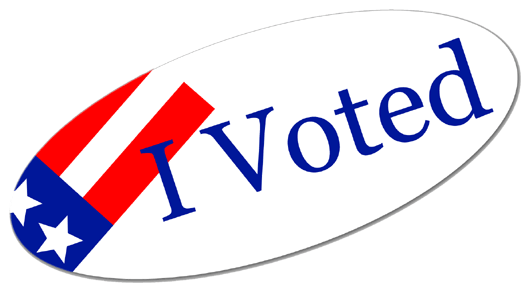What Measures will be on the November 2022 Berkeley Ballot?
The Berkeley City Council has finalized the local measures that will appear on the November 8, 2022 ballot. All registered voters will receive their ballot in the mail starting on October 10th. Below is a brief description of the three local measures that you will be voting on. An impartial analysis of these measures by the City Attorney will be published in late August. For more information on local measures, including the full text of each measure, visit the City of Berkeley Ballot Measure page. For information about the seven state propositions that will appear on the November 2022 ballot, visit the California Secretary of State website.
Measure L: Affordable Housing and Infrastructure Bond
This proposal would approve the issuance of $650 million in general obligation bonds to be issued over a 48-year bond period to build affordable housing, repair streets and sidewalks, underground utilities on evacuation routes, and improve buildings, infrastructure, and safety. Bond expenditures would be subject to independent oversight and annual audits. The median annual cost is $40.91 for every $100,000, or $265 for the average assessed home value of $647,000.
Funds would be allocated as follows:
$200 million: Affordable housing improvements, to build and preserve affordable housing
$300 million: Street, sidewalk and traffic safety infrastructure improvements
$231 million for street paving and reconstruction to reach a good pavement condition
$69 million for sidewalks, paths, and traffic safety improvements including bike and pedestrian facilities and streetscape improvements.
$150 million: Safety, climate resiliency and other public infrastructure improvements
$50 million for undergrounding utilities on evacuation routes
$100 million for all other infrastructure improvements, including but not limited to: reducing risks and impacts of climate change such as stormwater improvements and addressing sea level rise; improving City parks, pools, camps and recreation facilities, including the Waterfront and Municipal Pier; revitalizing the historic Civic Center; and improvements to public buildings.
Measure M: Vacancy Tax
This proposal would levy a tax on residential units that are kept vacant for more than 182 days a year. Specifically, the tax will be $3,000 in the first year for single family homes, townhomes, condominiums and duplexes which are not used as a primary residence, increasing to $6,000 each subsequent year, and $6,000 for all other residential units in the first year, increasing to $12,000 each subsequent year. This tax would start on January 1, 2024, and expire on December 31, 2034. It is estimated to generate between $3,900,000 - $5,900,000 annually. Funds can be used for any general municipal services designated by the Council, including the Housing Trust Fund.
Some units would be exempted, such as non-profit housing providers, government housing, and a natural person or family trust that is the owner of no more than one single family dwelling with up to a single accessory dwelling unit (ADU) or junior ADU, condominium, or owner-occupied duplex. The tax can also be suspended in a state of emergency that could impact the ability to fill a vacancy, such as an earthquake or wildfire. In total, it is estimated that 700 units would be subject to this tax in the first year.
Measure N: Authorizing Low-Income Housing
Under Article XXXIV of the California Constitution, citizens are required to vote on authorizing any federal, state or local public entity to develop, construct or acquire additional units of low-rent housing. This measure requests the authorization to develop, construct or acquire up to 3,000 additional units. This measure does not approve specific housing projects or commit City funds to any housing project. Berkeley voters last voted on this in 2016, where Measure Z1 was approved with 83% of the vote, authorizing the construction of an additional 500 units of low-rent housing.
